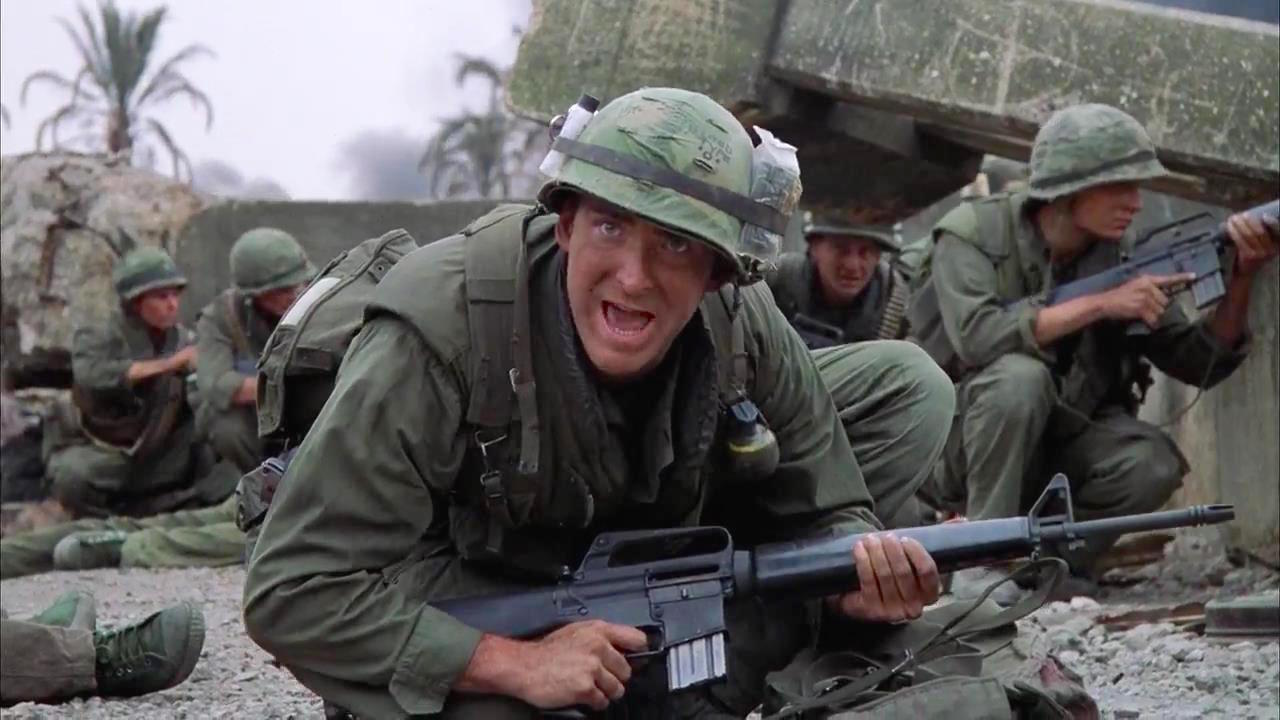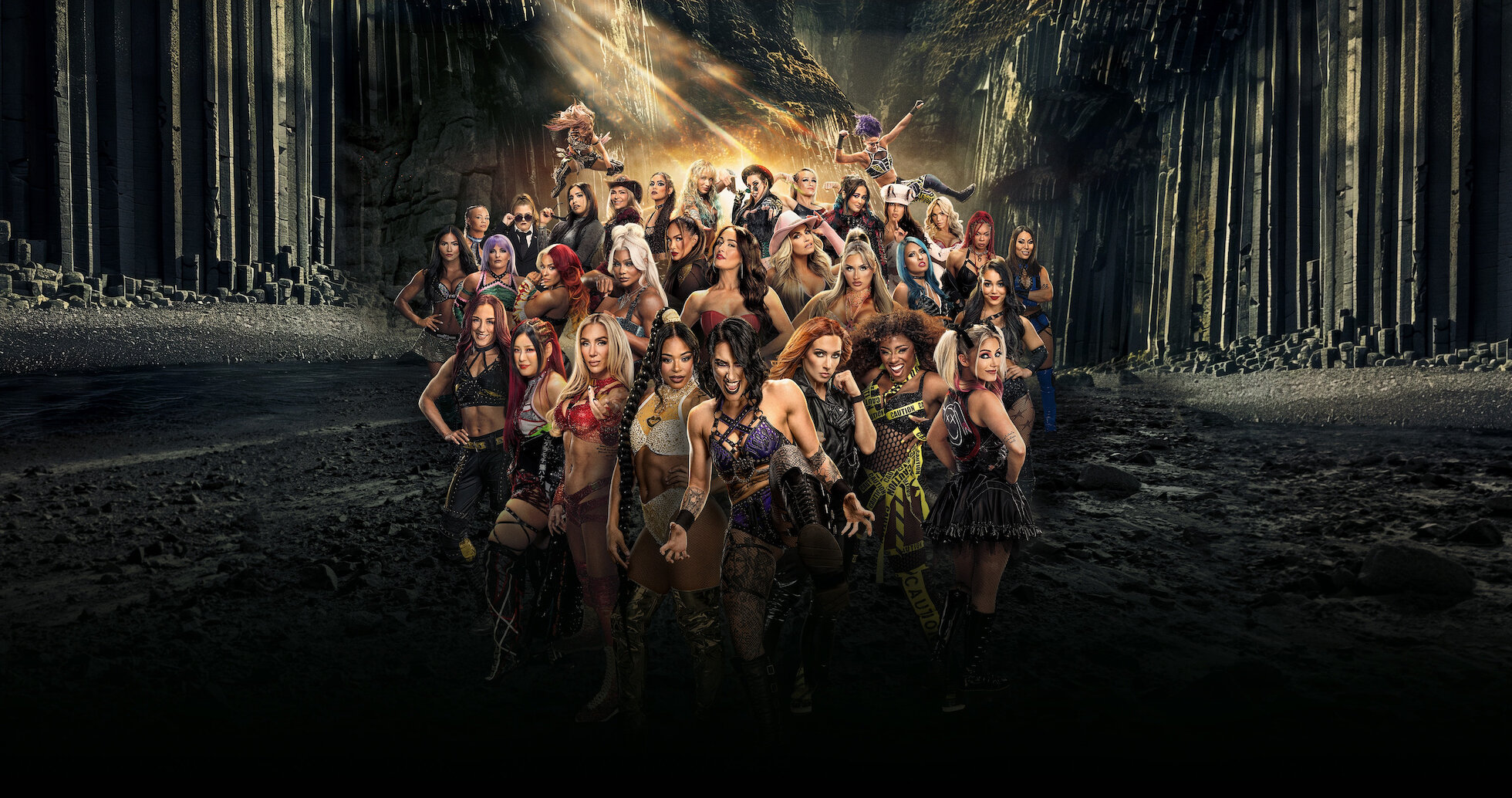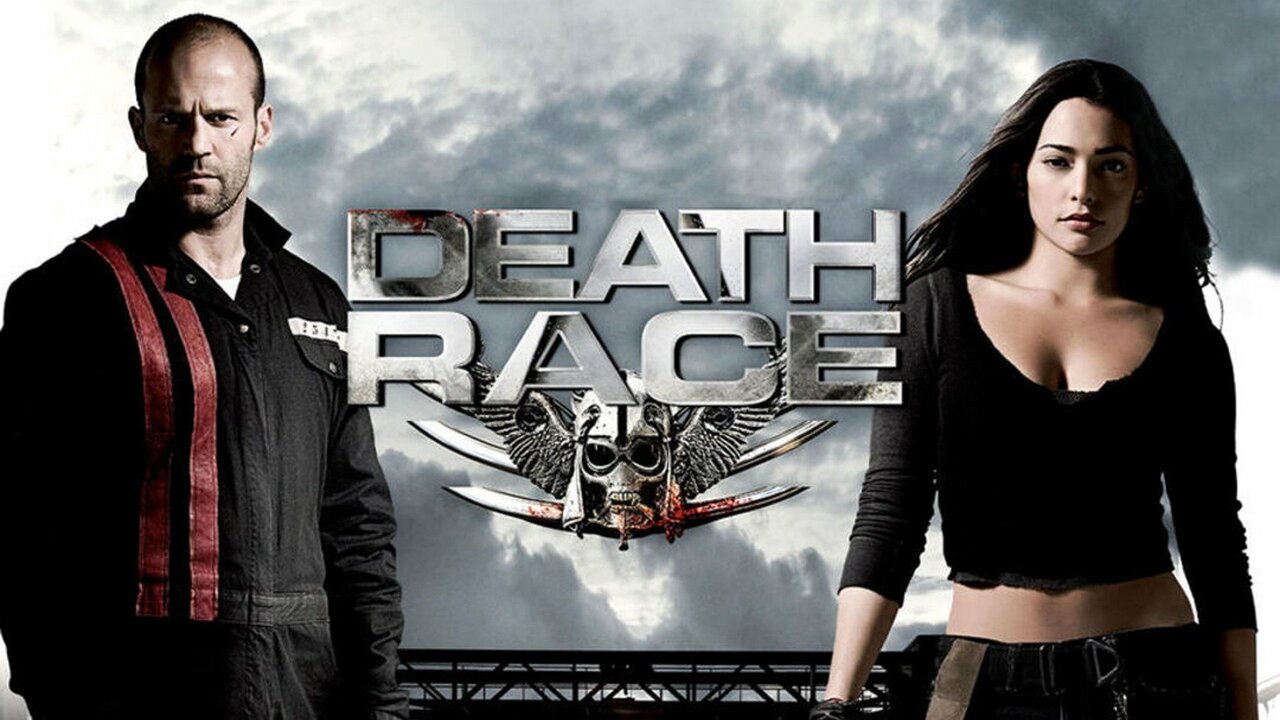Full Metal Jacket (1987) – War Through a Double Lens of Discipline and Destruction
Directed by the legendary Stanley Kubrick, Full Metal Jacket (1987) is a harrowing exploration of the dehumanizing effects of war — both on the battlefield and in the minds of the soldiers sent to fight it. Adapted from Gustav Hasford’s novel The Short-Timers, the film is a raw, unflinching look at the Vietnam War, but it’s far more than a combat film. It’s a psychological descent into how military training, violence, and fear strip men of their identity and innocence.

The film is divided into two distinct parts — each with its own chilling resonance. The first half is set at Marine Corps boot camp at Parris Island, where a group of new recruits is molded (or broken) by the sadistically intense Gunnery Sergeant Hartman, portrayed with terrifying brilliance by R. Lee Ermey. His barrage of verbal abuse, humiliation, and rigid drills is both darkly comedic and psychologically devastating. The standout here is Private Leonard "Gomer Pyle" Lawrence (Vincent D’Onofrio), whose transformation from awkward, slow recruit to emotionally shattered time bomb forms one of the film’s most unforgettable arcs.

The second half transports us to the streets of Vietnam, where the recruits — now hardened Marines — face the brutal realities of guerrilla warfare. The focus shifts to Private Joker (Matthew Modine), a smart, sarcastic soldier turned war correspondent. His duality — wearing a peace sign on his uniform while inscribing “Born to Kill” on his helmet — captures the film’s central tension: the clash between morality and survival, humanity and violence.
Kubrick’s direction is cold, clinical, and deliberate. The violence is sudden, the dialogue razor-sharp, and the cinematography stark — every frame carefully composed to mirror the chaos and contradiction of war. The haunting score and disturbing realism only deepen the film’s impact.

Full Metal Jacket doesn’t glorify war. It dissects it. It shows how institutions and ideologies can erase empathy and turn young men into weapons. And it forces viewers to confront uncomfortable truths — not just about history, but about human nature.
More than 35 years later, Full Metal Jacket remains one of the most haunting, intellectually provocative war films ever made. Its message is clear, chilling, and unforgettable: in war, the real battle is often inside the soldier.



